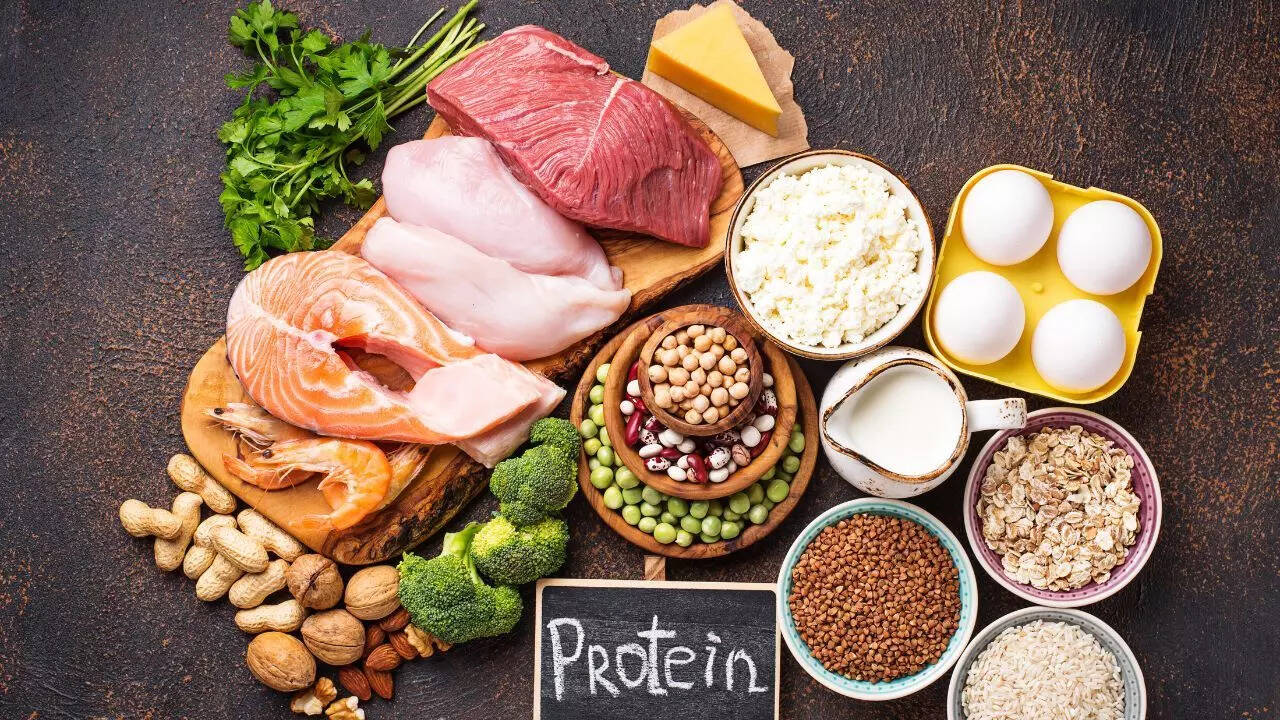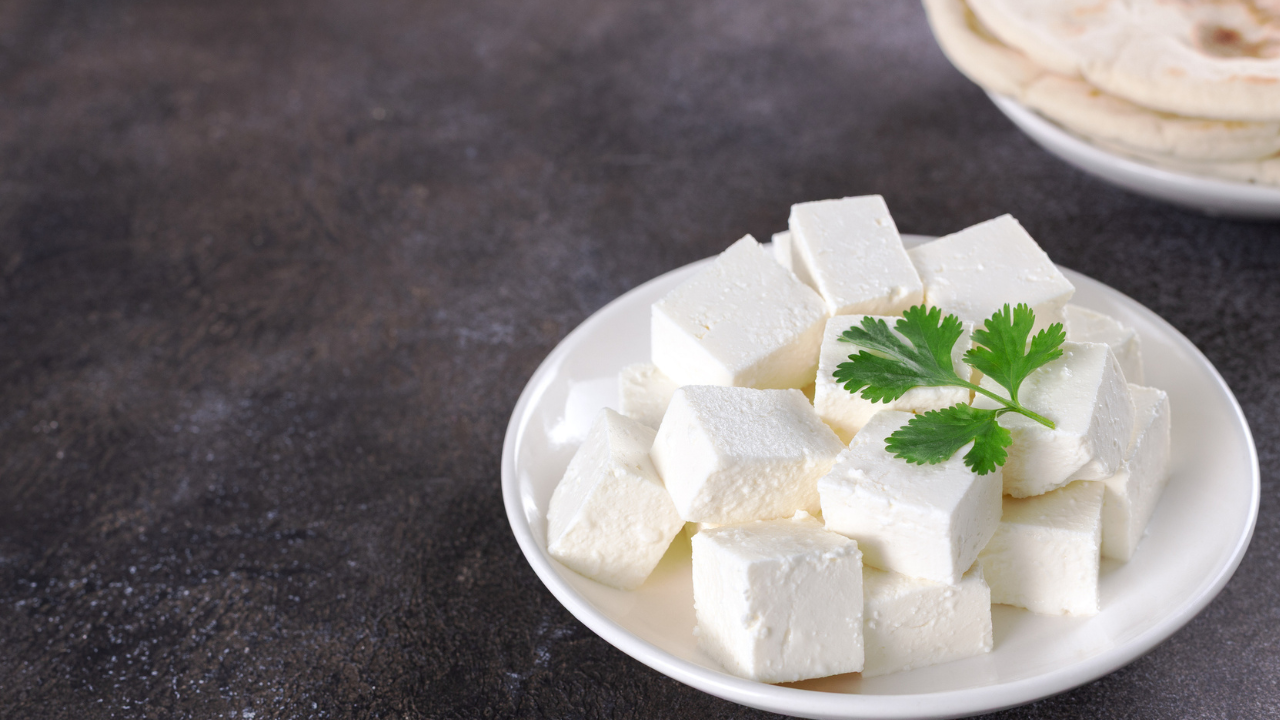For many vegetarians, meeting the daily protein requirement is a challenge. But if you make smart choices, you can absolutely hit the daily target. Rashi Chowdhary, a leading nutrition expert, explains how simple vegetarian foods can provide you with adequate protein. Let’s take a look.

Protein is crucial for health. It is a building block of muscles, bones, skin, and other tissues. They serve as structural support, biochemical catalysts, hormones, enzymes, building blocks, and initiators of cellular death. So eating adequately is very crucial. One can get protein from animal and plant-based foods. Meat, fish, eggs, dairy products, legumes (beans, peas, lentils), nuts, seeds, and soy products are some of the sources of protein.
How can vegetarians get adequate protein?
The nutritionist revealed that some simple vegetarian meals can provide adequate protein. “An average Indian woman who weighs about 55-60 kgs needs 60-80 g protein, and you can absolutely hit this much of veg protein with the foods,” she said, in a video shared on Instagram. She shared three foods that can provide 80 g of protein in a day. What are those foods?

- Hung curd (200 g)
- Paneer (150 g)
- Dal (3 cups of thick curry), which is about 600 g.
“You just need to spread it across your day,” she added. She also pointed out one downside of these foods. “Yes, macros will look different, veg protein sources often come with more carbs (and sometimes fats) than non-veg for the same protein, so build your plate accordingly. Not everyone can jump straight to 2 g/kg,” she added. She suggests gradually adding fiber to your diet rather than overwhelming your body all at once. “Adding more protein to a weak gut is like adding fuel to a fire, which will eventually lead to inflammation and more gut issues like bloating, constipation.”
How much protein should you eat in a day?

Eating adequate protein is crucial to staying healthy. The Food and Drug Administration (FDA) recommends that most US adults consume around 50 g of protein daily. The recommended daily allowance (RDA) for protein is 0.8 grams per kilogram of body weight. However, older adults may benefit from a slightly increased intake. This change is based on your age, sex, health status, and activity levels.Not sure how much protein you should consume in a day? Use this online calculator to find your target daily protein intake. Click here. Disclaimer: This article is for informational purposes only and is not a substitute for professional medical advice. Individual protein needs may vary based on age, weight, activity level, and health conditions. Consult a registered dietitian or healthcare provider before making significant changes to your diet.






